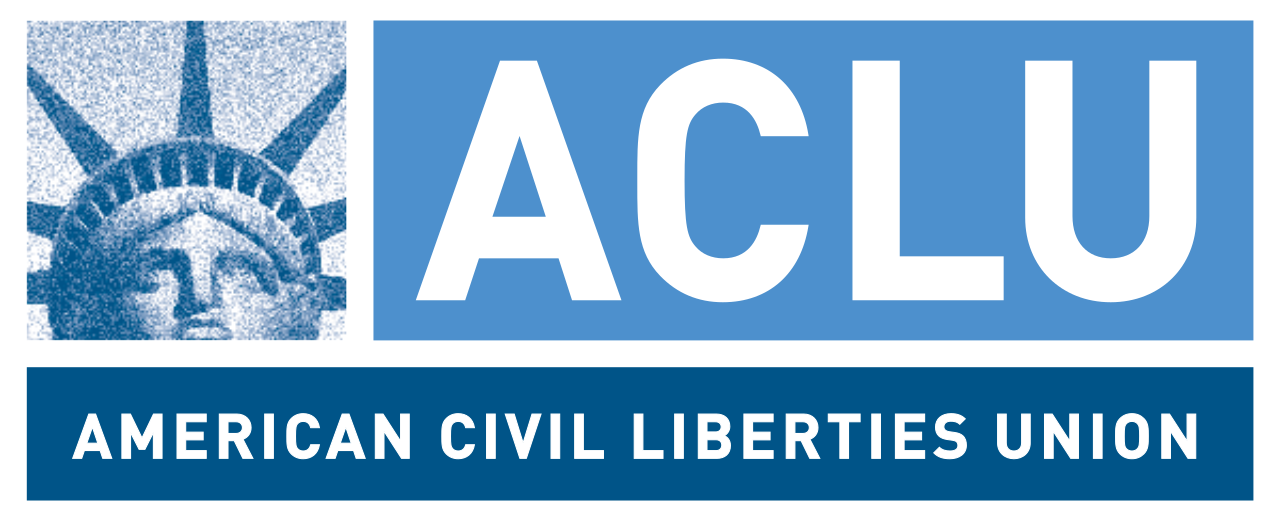Filing a counter claim is probably the single most important thing you can do in defending yourself from a lawsuit brought by a debt collector. If you CAN do it. There’s a great deal to say about counterclaims in debt law cases, and I suggest you look closely at the text of the Fair Debt Collection Practices Act itself as you consider what, if any, counterclaims you will bring. In this article, we will just discuss the importance of filing a counterclaim in general.

Why Is a Counterclaim So Important?
In most jurisdictions, which is a fancy way of saying most courts and places, a plaintiff (the person bringing the lawsuit) is allowed to drop the case (that’s called “dismissing”) if it want to. And usually at any time it wants to. This isn’t true of federal court, where you have to get permission, but in most state courts it seems to be true. And debt cases are pretty much always brought in state courts.
That means that the debt collector could get tired of you and just dismiss the case at any time.
That’s cool! That’s just what we want and what I’ve been saying you should go for, right?
Yes, but if the debt collector simply dismisses your case, it could also sue you again later or sell the debt to someone else who would sue you later, and that is definitely not cool! You need the case dismissed “with prejudice” to keep it from coming back.
Counterclaims Stop Them from Suing You Again!
So how do you keep them from dismissing the suit and refiling the suit later? You do this by filing a counterclaim against them. A plaintiff can dismiss its own lawsuit, but not your claim against it.
Unless you agree. So if they want to dismiss the case against you either because your claims are good or because they don’t want to spend the money chasing you, they either have to settle the case with you, or they’re still left defending against your counterclaim. They never do that, because then they’d be bound to lose money one way or another. They’d either have to pay you or their lawyers (or both), — and without the chance of collecting anything from you. The worst of all worlds. They won’t do that. Instead, they’ll settle the whole case with you.
So a counterclaim gives you power over the plaintiff and lets you keep it around till they agree to destroy the debt (or “extinguish” it, as it is called). A counterclaim means you can put the harassment to an end. And sometimes your counterclaim can be worth a lot more than their lawsuit against you was in the first place.


